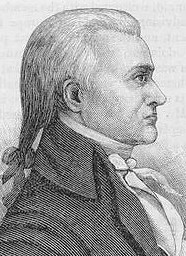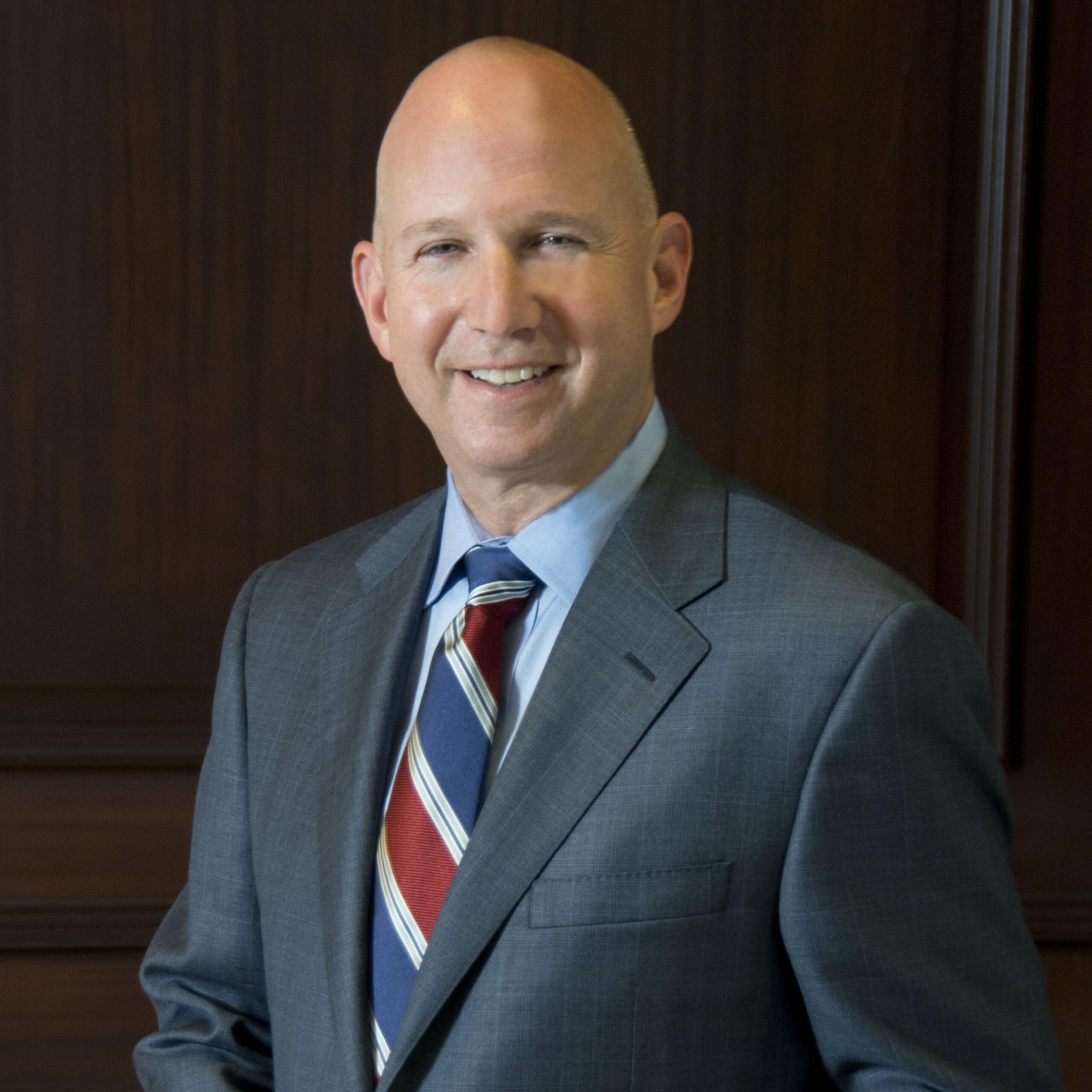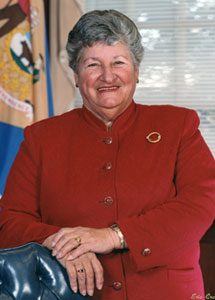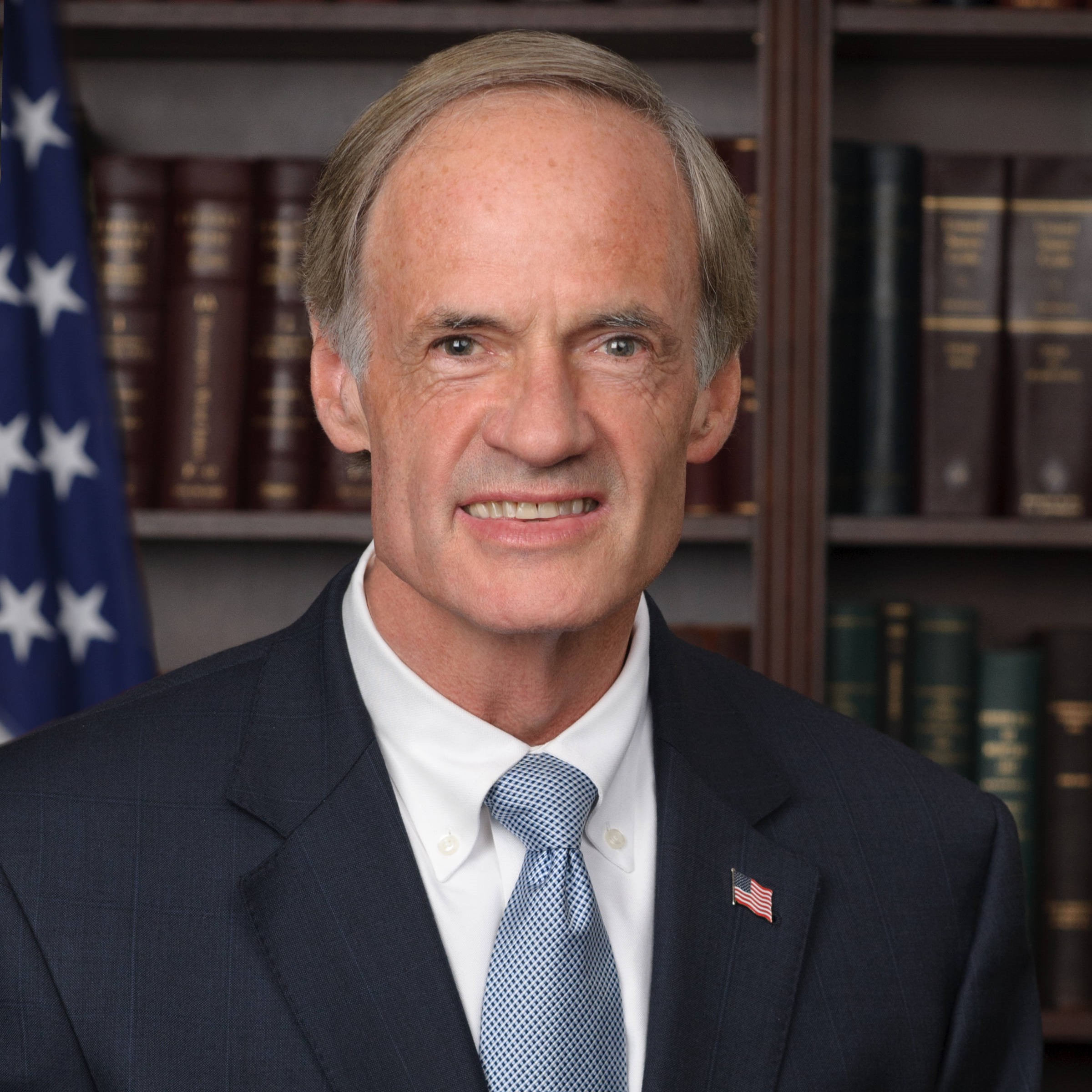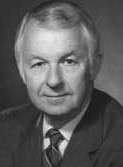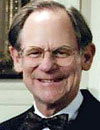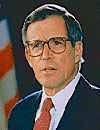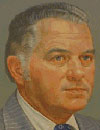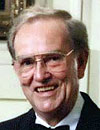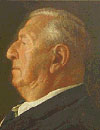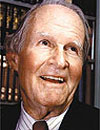This website uses cookies so that we can provide you with the best user experience possible. Cookie information is stored in your browser and performs functions such as recognizing you when you return to our website and helping our team to understand which sections of the website you find most interesting and useful. Please see our privacy policy for more information.
Delaware
Gov. Caesar Rodney
- March 31, 1778 - November 6, 1781
- October 7, 1728
- June 26, 1784
- Delaware
- Militia
- Signer of the Declaration of Independence
About
From 1776 to 1792, the executive leader of Delaware was known as the President and was elected by the State General Assembly. After the ratification of the United States Constitution, Delaware developed its own new constitution that called for the popular election of a governor.
CAESAR RODNEY was born in Jones Neck, Delaware on October 7, 1728. His paternal grandfather was a prominent Delaware politician and his mother was the daughter of a prominent Anglican minister. At the age of fourteen, Rodney was sent to study at the Latin School in Philadelphia. Two years later, his father passed away. For the next thirteen years, Rodney would mainly be responsible for overseeing his family’s estate. At the age of twenty-seven, he became sheriff of Kent County and captain of the Dover Hundred Militia. He served several terms in the Assembly of the Lower Three Counties Upon Delaware and was named as a delegate to the both the Stamp Act Congress and Continental Congress. Despite the large loyalist population in his district, Rodney voted for Delaware to sever all ties with England in the State Assembly and shortly thereafter voted for independence in the Continental Congress. Subsequently, Rodney was neither elected to be a delegate at the Delaware Constitutional Convention nor the Continental Congress. However, Delaware’s Second General Assembly in 1778 was far more sympathetic to the revolutionary cause. They voted twenty-four to twenty to make Rodney the fourth President of Delaware. He spent much of his time fighting Tory insurrection in the state and dealing with the issues surrounding the Revolutionary War, including supplying soldiers to the Continental Army. He retired from the presidency after the war concluded, serving one additional term in the State Senate. He died from a form of facial cancer on April 8, 184, and was buried in Jones Neck, Delaware.

